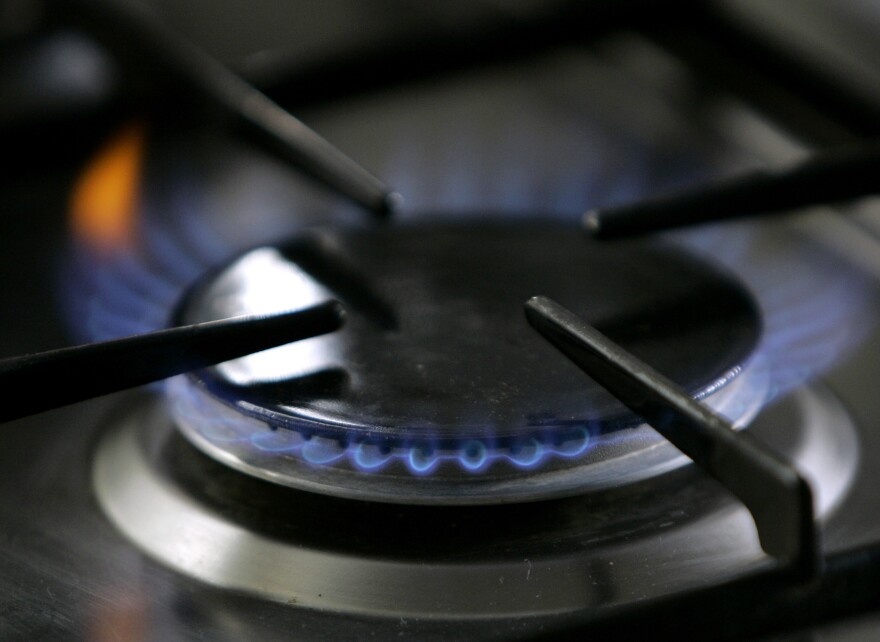As people gather for special meals around the holidays, consumer advocates are warning about the dangers of gas stoves.
During a news conference held by the Public Interest Research Group, advocates highlighted the risks burning gas indoors pose to health and the climate.
Dr. Steph Lee, a pediatrician with Penn State Health St. Joseph and a spokesperson for the American Academy of Pediatrics, said air pollution can increase the risk of childhood asthma.
“Burning natural gas does create nitrogen dioxide, particulate matter, carbon monoxide, and other byproducts that contribute to air pollution and are lung irritants,” Lee said.
Commissioner Richard Trumka Jr. of the U.S. Consumer Product Safety Commission said indoor air pollution can also cut short the lives of older adults.
“That’s why I think we need to be talking about regulating gas stoves, whether that’s drastically improving emissions or banning gas stoves entirely,” Trumka said.
Gas stoves can leak pollutants even when turned off, creating a health hazard and sending more greenhouse gas emissions into the atmosphere.
Trumka said people may believe they are taking the right safety measures by using an exhaust fan when they cook, but many range hoods only redistribute pollutants inside the home, instead of moving the exhaust outside.
Trumka said good alternatives to gas stoves already exist.
Induction stovetops use magnetic energy to heat pots on the stove even faster than gas, but they are more expensive. The federal Inflation Reduction Act includes $4.5 billion for states to give rebates for electric appliances, including stoves.
Chris Galarza, a Pittsburgh-area chef and founder of the commercial kitchen electrification company Forward Dining Solutions, gave a cooking demonstration with an induction stovetop.
He started with an ice cold pan sitting on top of a dish towel on the cooktop. He added vegetables and shrimp and had them sauteed to completion in just a few minutes.
He said induction cooking has the benefit of a cooler and safer work environment for professional and home cooks. Induction stovetops send electromagnetic energy straight to the pan, so the surface of the cooktop does not warm up. Galarza said it’s a myth that you need a gas range to make good food.
“Cooking is about fundamentals and technique and not about your fuel source,” Galarza said.
Gas industry groups dispute findings that gas stoves impact indoor air quality and say efforts to move away from gas stoves limit consumer choice.
This story is produced in partnership with StateImpact Pennsylvania, a collaboration among WESA, The Allegheny Front, WITF and WHYY.




